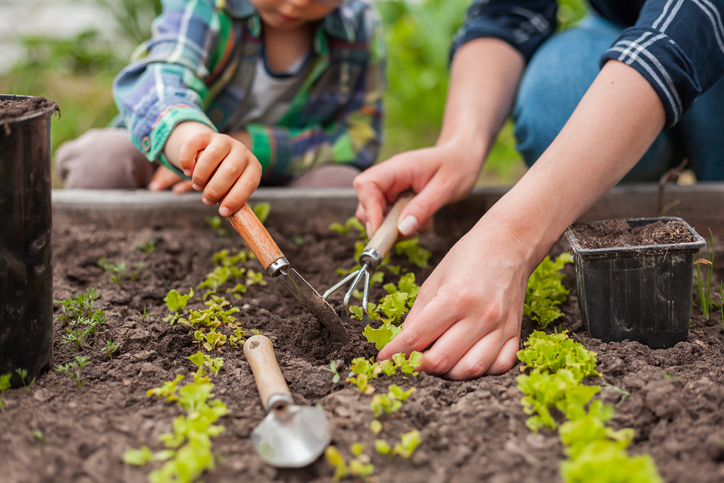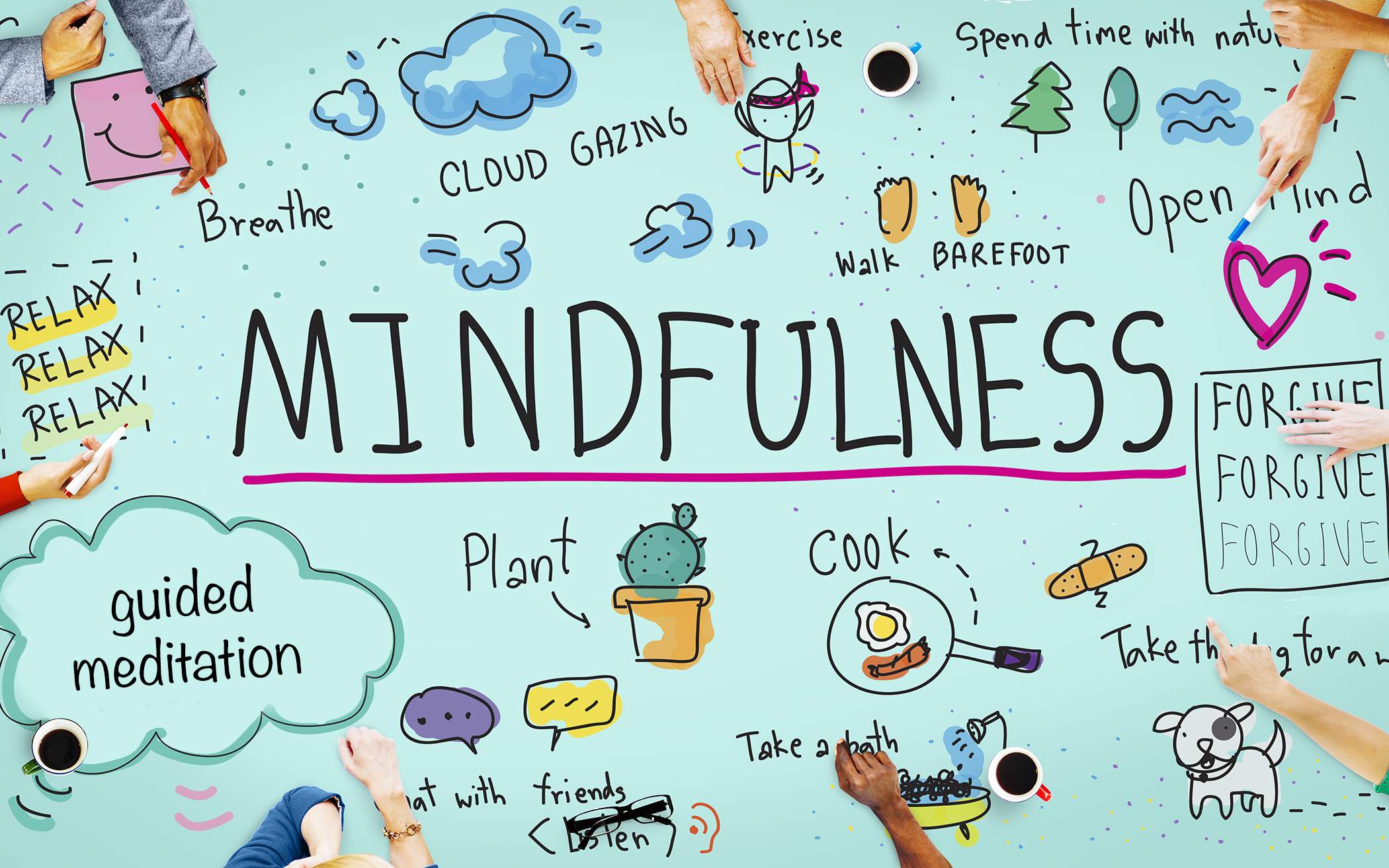How Gardening Boosts Mental Health: Cultivating Well-being One Seed at a Time

In the bustling world we live in, finding moments of peace and tranquility can be a challenge. But what if I told you that the key to mental well-being could be found in the simple act of gardening? Imagine the serenity of sinking your hands into the earth, nurturing life from a tiny seed, and watching it grow. Gardening isn't just a hobby; it's a therapeutic activity that can significantly boost your mental health. Let's explore how horticulture therapy can transform your mind and soul.
The Therapeutic Power of Gardening
Horticulture Therapy: A Natural Remedy
Horticulture therapy is a practice that uses gardening activities to improve mental and physical health. It's not just about growing plants; it's about growing yourself. Studies have shown that engaging in gardening can reduce symptoms of anxiety and depression, improve cognitive function, and enhance overall well-being.
Mindfulness in the Garden
Gardening is a mindful activity that encourages you to be present in the moment. As you tend to your plants, you focus on the task at hand, allowing your mind to quiet down. This mindfulness can help reduce stress and anxiety, providing a sense of calm and peace.
The Science Behind Gardening and Mental Health
The Benefits of Nature
Spending time in nature has been proven to have a positive impact on mental health. Gardening allows you to connect with nature, absorbing its calming effects. Whether you're growing flowers, vegetables, or herbs, the act of nurturing life can be incredibly therapeutic.
The Role of Soil
Did you know that the soil itself can have a positive impact on your mental health? Research has shown that a specific bacterium found in soil, Mycobacterium vaccae, can boost your immune system and increase serotonin levels, which can help alleviate symptoms of anxiety and depression.
Gardening as a Mental Health Activity
A Sense of Accomplishment
Gardening provides a sense of accomplishment and purpose. Watching a seed grow into a plant is a rewarding experience that can boost your self-esteem and confidence. It's a tangible reminder of your efforts and the fruits of your labor.
Social Connection
Gardening can also be a social activity. Joining a community garden or a gardening club can provide a sense of belonging and social connection, which is crucial for mental well-being. Sharing your gardening experiences with others can foster a sense of community and support.
Practical Tips for Gardening and Mental Health
Start Small
You don't need a large garden to reap the benefits of gardening. Even a small pot of herbs on your windowsill can provide a sense of accomplishment and connection to nature. Start with something simple and gradually expand your gardening activities as you gain confidence.
Choose Plants Wisely
Different plants have different care requirements. Choose plants that are easy to care for and suit your lifestyle. This will help you avoid frustration and ensure a positive gardening experience.
Make It a Routine
Incorporate gardening into your daily routine. Even a few minutes a day can make a difference. Consistency is key when it comes to reaping the mental health benefits of gardening.
The Impact of Gardening on Anxiety and Depression
Reducing Anxiety
Gardening can be a powerful tool for reducing anxiety. The repetitive tasks involved in gardening, such as weeding and pruning, can have a calming effect on the mind. The physical activity involved can also help release endorphins, which can reduce feelings of anxiety.
Alleviating Depression
For those struggling with depression, gardening can provide a sense of purpose and accomplishment. The act of nurturing life can be incredibly healing and can help lift your spirits. Gardening can also provide a sense of control, which can be empowering for those feeling overwhelmed by depression.
Conclusion: Cultivating Well-being Through Gardening
Gardening is more than just a hobby; it's a powerful tool for boosting mental health. From reducing anxiety and depression to improving cognitive function and overall well-being, the benefits of gardening are numerous. By connecting with nature, practicing mindfulness, and nurturing life, you can cultivate a sense of peace and tranquility that will enrich your life.
So, why not give gardening a try? Whether you start with a small pot of herbs or a full-blown garden, the journey of growth and self-discovery awaits. Embrace the therapeutic power of gardening and watch as your mental health flourishes along with your plants.
FAQs
What is horticulture therapy? Horticulture therapy is the use of gardening activities to improve mental and physical health. It involves engaging with plants and nature to promote well-being.
How does gardening reduce anxiety? Gardening can reduce anxiety through mindful activities, such as weeding and pruning, which have a calming effect on the mind. The physical activity involved can also release endorphins, which help reduce feelings of anxiety.
Can gardening help with depression? Yes, gardening can help alleviate symptoms of depression by providing a sense of purpose and accomplishment. The act of nurturing life can be incredibly healing and can help lift your spirits.
What are some easy plants to start with for beginners? Some easy plants for beginners include herbs like basil and mint, succulents like aloe vera, and flowers like pansies and marigolds. These plants are generally low-maintenance and can thrive with minimal care.
How can I incorporate gardening into my daily routine? You can incorporate gardening into your daily routine by setting aside a few minutes each day to tend to your plants. This could include watering, pruning, or simply observing their growth. Consistency is key to reaping the mental health benefits of gardening.


By embracing the therapeutic power of gardening, you can cultivate a sense of well-being that will enrich your life in countless ways. So, grab your gardening gloves and let the healing journey begin.
0 Response to "How Gardening Boosts Mental Health: Cultivating Well-being One Seed at a Time"
Post a Comment